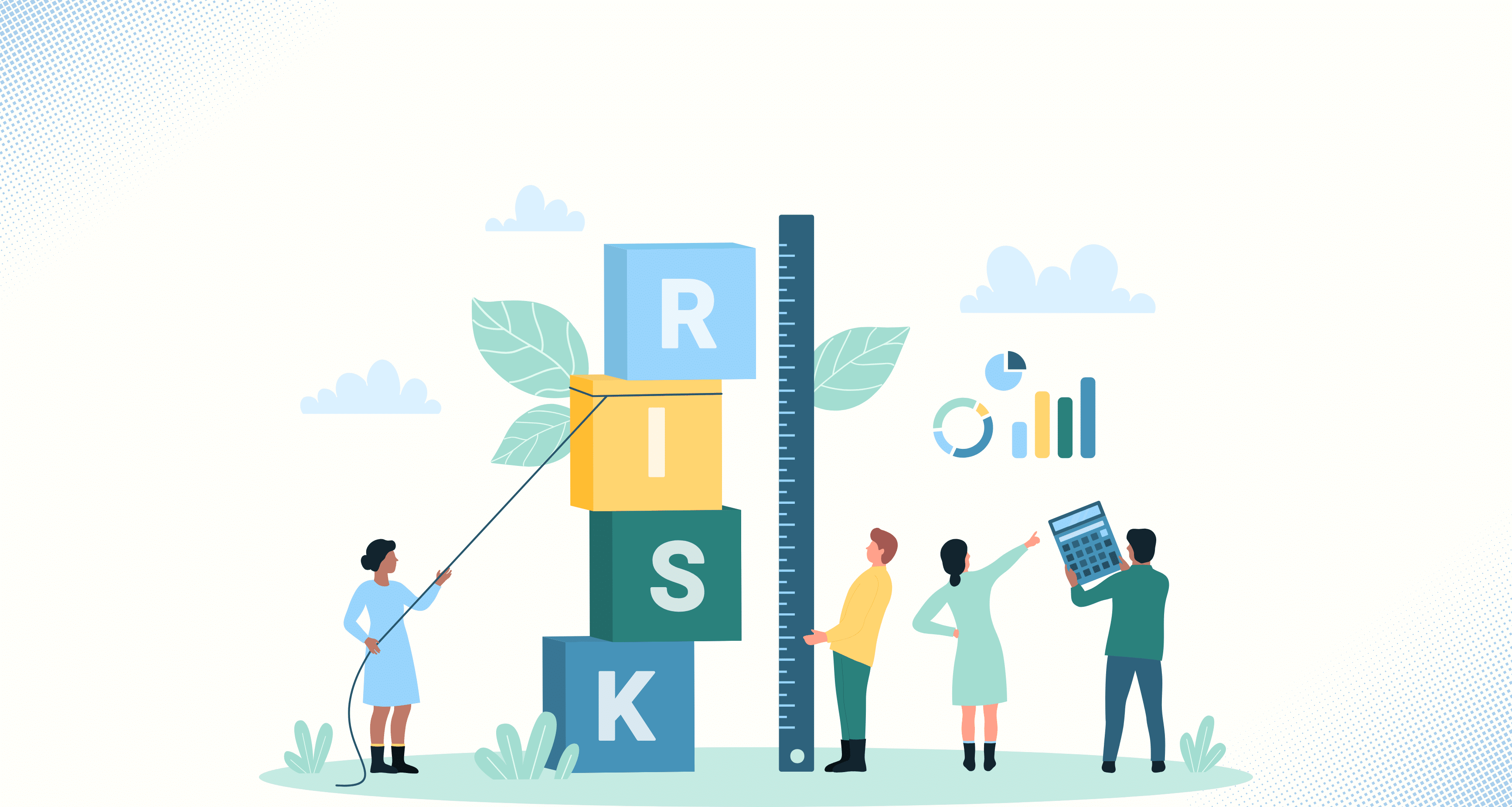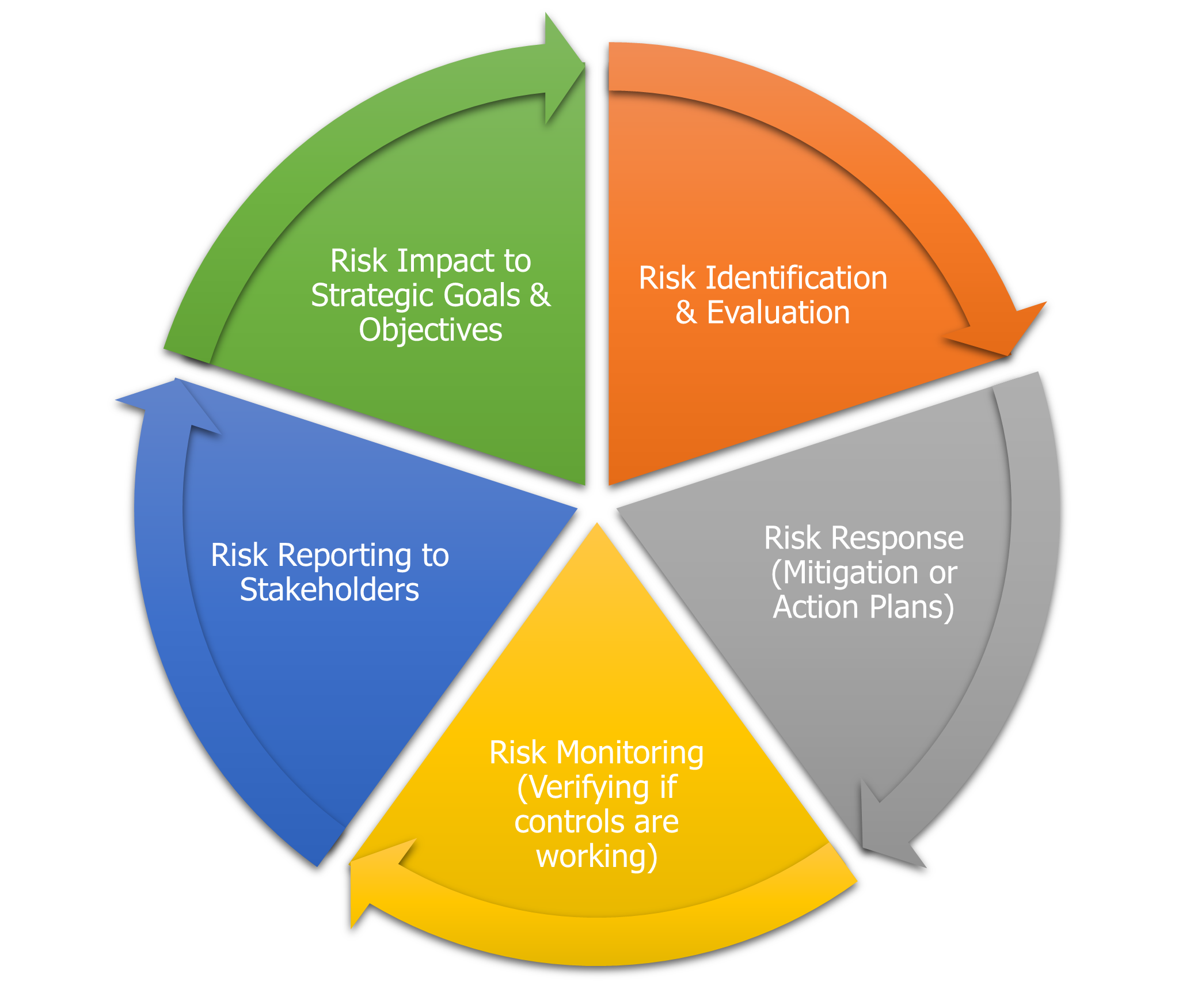Insider threats serve as a powerful guide for strengthening system frameworks
Wiki Article
Explore the Function of AI in Supporting Ethics and Honesty to Battle Expert Threats Effectively
The assimilation of AI in organizational structures has come to be essential in resolving insider dangers. By employing innovative analytics and real-time monitoring, AI systems can determine inconsistencies from ethical behavior amongst workers (Insider threats). This aggressive strategy not just improves conformity yet likewise promotes an environment of trust. As firms increasingly count on these technologies, inquiries occur regarding their efficiency and possible implications for workplace society. What lies ahead in the development of AI's function in promoting stability?Comprehending Expert Threats and Their Influence On Organizations
Organizations usually concentrate on external hazards, expert hazards pose a considerable threat that can threaten security and stability. These risks emerge from individuals within the organization, such as service providers or workers, that may abuse their access to delicate info for individual gain or destructive intent. The influence of expert threats can be extreme, resulting in financial losses, reputational damages, and legal ramifications.Elements adding to expert threats include dissatisfaction with the office, lack of oversight, and inadequate employee training on safety and security protocols. Organizations often have a hard time to determine these dangers, as they can be difficult to find till substantial damage has actually happened. Avoidance approaches must concentrate on cultivating a culture of trust fund and liability, alongside applying durable tracking and reporting systems. By recognizing and attending to the complexities of insider threats, companies can boost their safety and security posture and secure their useful properties from interior dangers.
The Evolution of AI in Office Safety
As organizations significantly challenge varied protection challenges, the integration of fabricated intelligence (AI) in office safety has actually developed considerably. Initially, AI applications focused mainly on automating basic security methods, such as accessibility control and surveillance. However, improvements in artificial intelligence and information analytics have changed AI right into an aggressive tool with the ability of recognizing prospective hazards and vulnerabilities in real-time.Organizations now utilize AI-driven systems to analyze huge amounts of data, enabling them to discover anomalous behavior that may indicate insider threats. This advancement has led to the development of sophisticated algorithms that can gain from historic incidents, enhancing the system's anticipating capabilities. Additionally, AI tools are significantly used to enhance occurrence response processes, permitting protection groups to act swiftly and successfully.
Exactly How AI Monitors Worker Habits for Ethical Compliance
Synthetic intelligence plays an important duty in keeping an eye on worker habits to ensure honest compliance within organizations. AI systems examine large amounts of information produced by staff members, including interactions, deals, and access to sensitive details. By utilizing advanced formulas, these systems can recognize discrepancies from established ethical criteria and firm policies.Machine knowing designs continually adjust to acknowledge patterns of behavior that might suggest ethical breaches, such as unauthorized information accessibility or uncommon purchase tasks. Insider threats. On top of that, AI-driven devices can give real-time signals to management, helping with prompt interventions when prospective risks are discovered
The combination of AI right into conformity tracking not only boosts the organization's capability to copyright integrity but additionally promotes a society of accountability amongst staff members. By advertising openness, AI systems serve as a deterrent versus underhanded actions, making sure that employees continue to be aligned with honest requirements and organizational worths.
Evaluating Patterns: Recognizing Risky Actions With AI
A growing variety of organizations are leveraging AI to examine patterns that may indicate high-risk actions amongst employees. By utilizing sophisticated formulas, these systems can look with large quantities of data, recognizing abnormalities in individual behavior that can recommend prospective insider threats. AI can identify uncommon access patterns to sensitive information, such as employees accessing files outside their usual extent of work or during irregular hours. In addition, behavior analytics can highlight frequent modifications in an employee's communication design or cooperation routines, which might represent underlying problems. This positive method enables companies to pinpoint risk elements prior to they escalate right into considerable threats. The combination of AI right into checking methods not just improves protection yet additionally cultivates a culture of accountability and moral behavior. By recognizing these patterns, companies can much better comprehend the behavioral dynamics within their labor force, inevitably advertising a much safer and a lot more ethical job environment.
Real-Time Insights: Immediate Feedbacks to Prospective Threats
Real-time understandings via predictive analytics and automated sharp systems play an important duty in resolving potential dangers to principles and stability. By leveraging these innovations, organizations can anticipate dangerous behaviors and react quickly to minimize threats. This aggressive method boosts accountability and promotes a society of stability in different settings.Anticipating Analytics Applications

Automated Alert Systems
Anticipating analytics offers a structure for organizations to boost their responsiveness to honest problems with automated alert systems. These systems make use of real-time data to check tasks, finding abnormalities that might represent possible insider dangers. By leveraging maker learning algorithms, automated signals can recognize patterns of behavior that deviate from established norms, enabling quick treatment. This immediacy is important in mitigating risks connected with dishonest methods. Automated alert systems can simplify interaction amongst relevant stakeholders, making certain that potential risks are attended to immediately and effectively. As companies progressively rely upon AI-driven services, the integration of automated sharp systems will certainly play an essential duty in promoting a culture of values and integrity, eventually securing organizational assets.Promoting a Society of Trust Fund Via AI-Driven Transparency
AI-driven openness can substantially improve trust fund within companies by advertising accountability and open communication. Through real-time monitoring services, stakeholders can gain insights right into procedures and decision-making, promoting a culture of integrity. Data-driven decision-making further supports this transparency, allowing notified selections that straighten with honest standards.Enhancing Transparency and Accountability
Exactly how can organizations effectively promote a society of trust? By enhancing transparency and liability with the strategic use man-made intelligence. AI can assist companies systematically track decision-making procedures, making certain that activities align with well-known visit homepage moral requirements. This openness permits employees to see the reasoning behind plans and choices, reducing uncertainty and fostering a feeling of justness. In addition, AI-driven devices can promote clear communication regarding assumptions and obligations, encouraging people to take ownership of their actions. As liability becomes ingrained in the business culture, workers are much more most likely to participate in honest actions, recognizing their actions are checked and evaluated. Inevitably, this method cultivates an environment where trust can flourish, considerably alleviating the risk of insider dangers.Real-Time Monitoring Solutions
As companies progressively seek to promote a culture of trust fund, real-time tracking remedies become a critical device in improving transparency. These AI-driven systems constantly track tasks, offering insights into customer behavior and prospective anomalies that may show expert hazards. By carrying out such surveillance services, organizations can proactively identify threats, guaranteeing punctual feedbacks to dubious activities. This not only safeguards delicate information however likewise enhances a commitment to ethical methods. The clear nature of real-time monitoring assists construct employee self-confidence, as people are conscious that their actions are being observed for the greater good. Eventually, these services serve to cultivate a workplace environment grounded in trust fund, responsibility, and ethical honesty, vital for alleviating expert dangers effectively.
Data-Driven Choice Making
Real-time surveillance remedies lay the foundation for data-driven choice production, which substantially improves business openness. By leveraging AI innovations, organizations can evaluate large quantities of information to identify patterns and abnormalities a measure of potential insider hazards. This logical method allows stakeholders to make enlightened choices grounded in empirical evidence, promoting a culture of trust fund among staff members. Transparency in decision-making procedures, reinforced by AI-driven insights, encourages liability and honest habits. Additionally, it enables organizations to proactively deal with susceptabilities, ensuring that actions taken are justified and connected clearly. Consequently, the implementation of data-driven techniques not just minimizes dangers connected with insider hazards however likewise strengthens the values of stability and ethical conduct within the business structure.Future Patterns: The Function of AI in Enhancing Work Environment Ethics
While organizations progressively turn to man-made intelligence for operational performance, the potential of AI to improve workplace values is gaining prominence. Future patterns suggest that AI will certainly play an important role in developing honest structures and standards, allowing organizations to browse complex moral dilemmas. By evaluating huge amounts of information, AI can identify patterns of dishonest behavior and give insights that advertise openness and responsibility.Additionally, AI-driven devices can help with real-time tracking of worker communications, this article assuring adherence to honest criteria. This aggressive technique not only alleviates insider risks but additionally grows a society of stability. As organizations embrace AI innovations, they need to additionally prioritize ethical programs and mathematical prejudice reduction to guarantee justness.
In this progressing landscape, the combination of AI in moral methods represents a transformative change, promoting an atmosphere where honesty is not simply anticipated however systematically reinforced.
Regularly Asked Concerns
Just How Does AI Differentiate In Between Benign and Malicious Actions?
AI sets apart in between benign and harmful actions by analyzing patterns in user habits, employing artificial intelligence algorithms to recognize abnormalities, and evaluating contextual information to determine whether actions align with recognized norms or display prospective threats.Can AI Equipment Replace Human Judgment in Ethical Decision-Making?
AI devices can not totally change human judgment in moral decision-making. While they can evaluate data and determine patterns, the nuanced understanding of context, values, and ethical implications still calls for human insight and discernment.What Are the Privacy Effects of AI Keeping An Eye On Staff Member Behavior?

Just How Can Organizations Guarantee AI Algorithms Are Ethically Developed?
Organizations can assure AI formulas are morally designed by carrying out clear development procedures, entailing varied stakeholders, conducting normal audits, and sticking to well-known moral frameworks that prioritize fairness, liability, and regard for individual personal privacy and legal rights.What Training Is Required for Team to Recognize Ai's Ethical Function?
Personnel training ought to encompass fundamental AI principles, information personal privacy, and predisposition understanding. Workshops, instance studies, and interactive sessions can have a peek at this site enhance understanding, making sure employees acknowledge AI's ethical ramifications and its duty in promoting honesty within the organization.
Fabricated knowledge plays a vital duty in keeping track of worker habits to ensure honest conformity within companies. The integration of AI right into keeping an eye on techniques not just boosts safety and security however additionally fosters a culture of accountability and ethical actions. While companies progressively face moral dilemmas and prospective honesty breaches, predictive analytics applications use prompt insights that can help mitigate these dangers. Anticipating analytics supplies a foundation for organizations to enhance their responsiveness to honest worries via automated alert systems. Future patterns show that AI will certainly play a vital duty in creating honest frameworks and guidelines, allowing companies to browse intricate moral dilemmas.
Report this wiki page